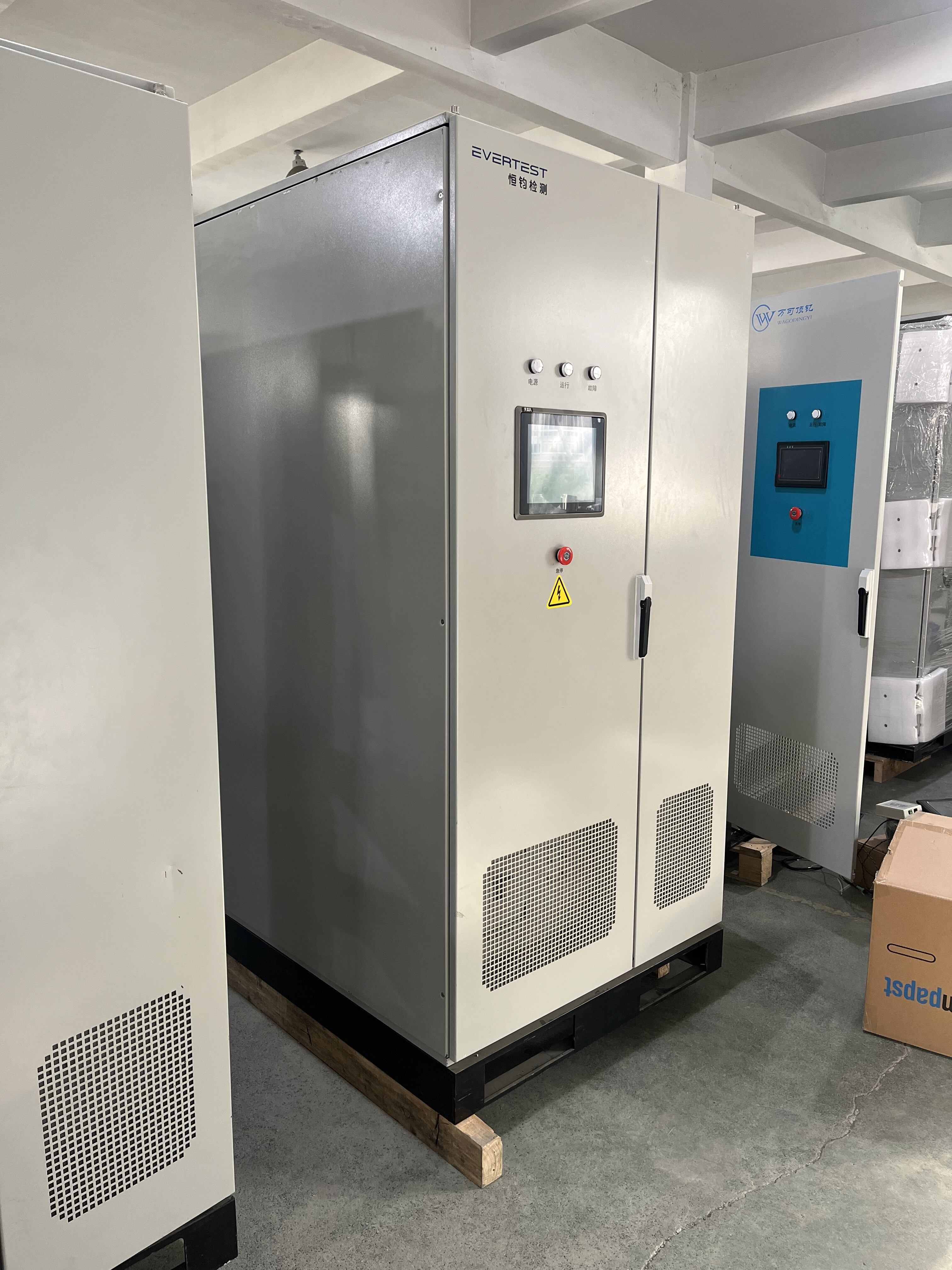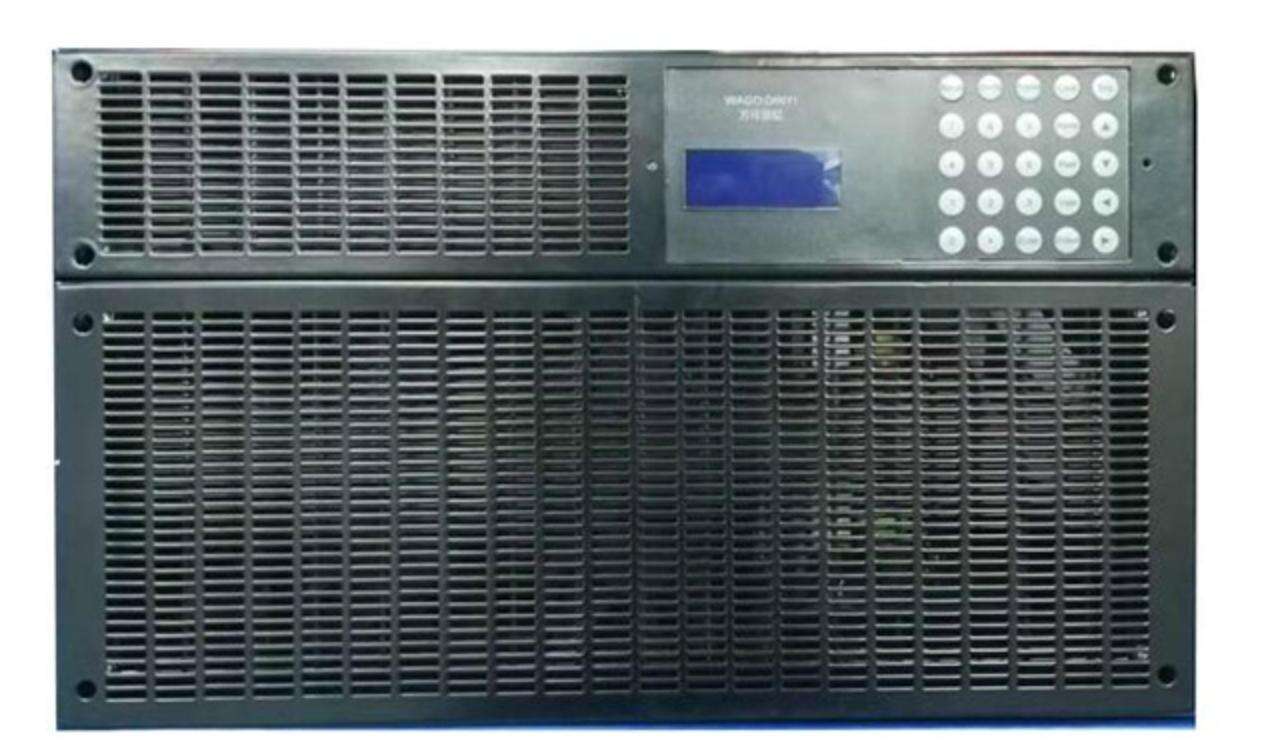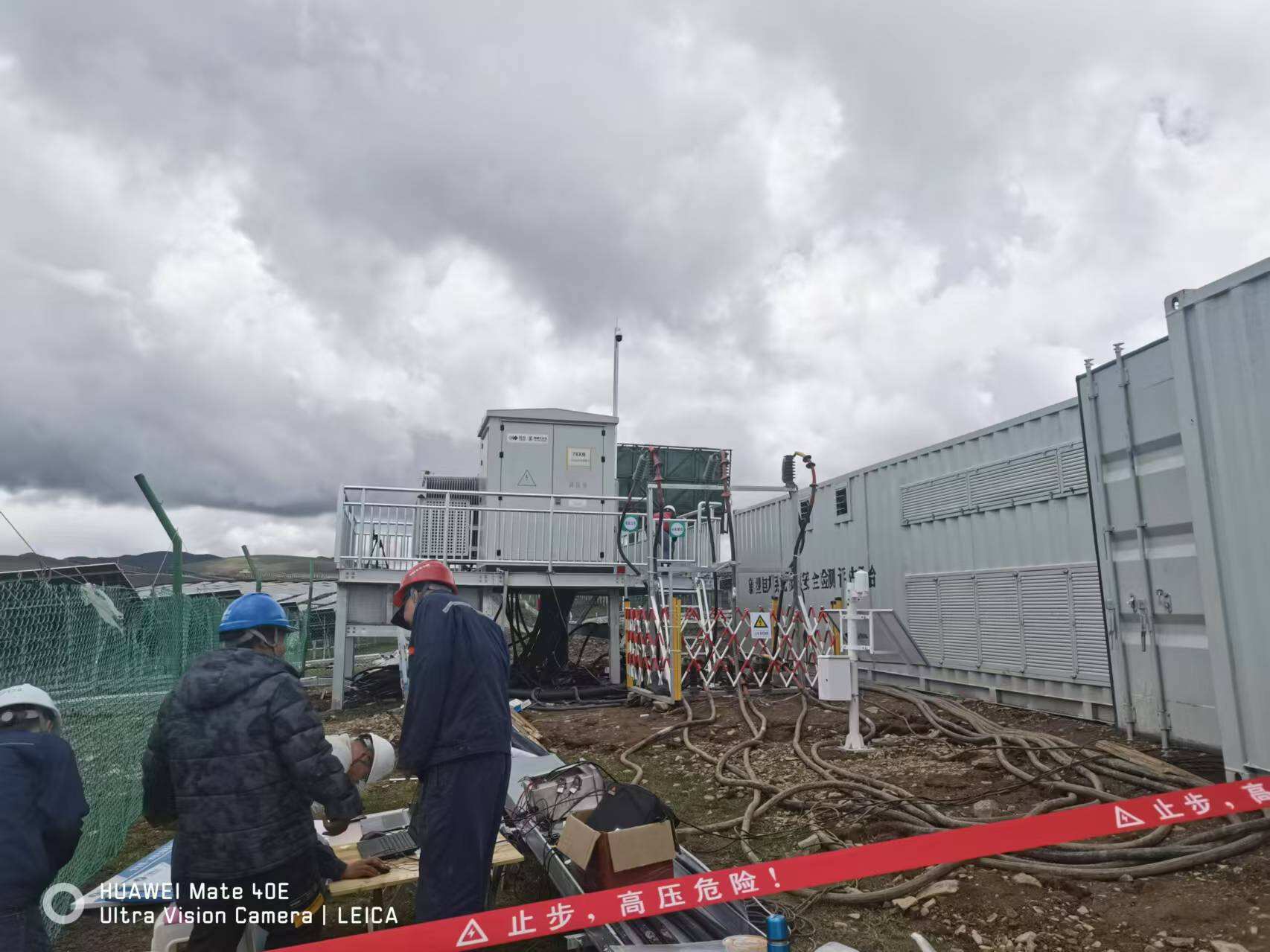renewable energy energy
Renewable energy represents a fundamental shift in how we power our world, encompassing various sustainable sources such as solar, wind, hydroelectric, geothermal, and biomass energy. These technologies harness naturally replenishing resources to generate electricity, heat, and fuel while producing minimal greenhouse gas emissions. Modern renewable energy systems utilize advanced technologies like photovoltaic cells, wind turbines, and sophisticated energy storage solutions to capture and convert natural forces into usable power. The applications of renewable energy span across residential, commercial, and industrial sectors, providing clean power for homes, businesses, and manufacturing facilities. These systems can be deployed at various scales, from small rooftop solar installations to massive utility-scale wind farms and solar arrays. The technology continues to evolve, with improvements in efficiency, storage capabilities, and grid integration making renewable energy increasingly reliable and cost-effective. Smart grid technologies and advanced monitoring systems ensure optimal performance and seamless integration with existing power infrastructure. The versatility of renewable energy solutions allows for customization to meet specific energy needs while contributing to environmental sustainability and energy independence.




